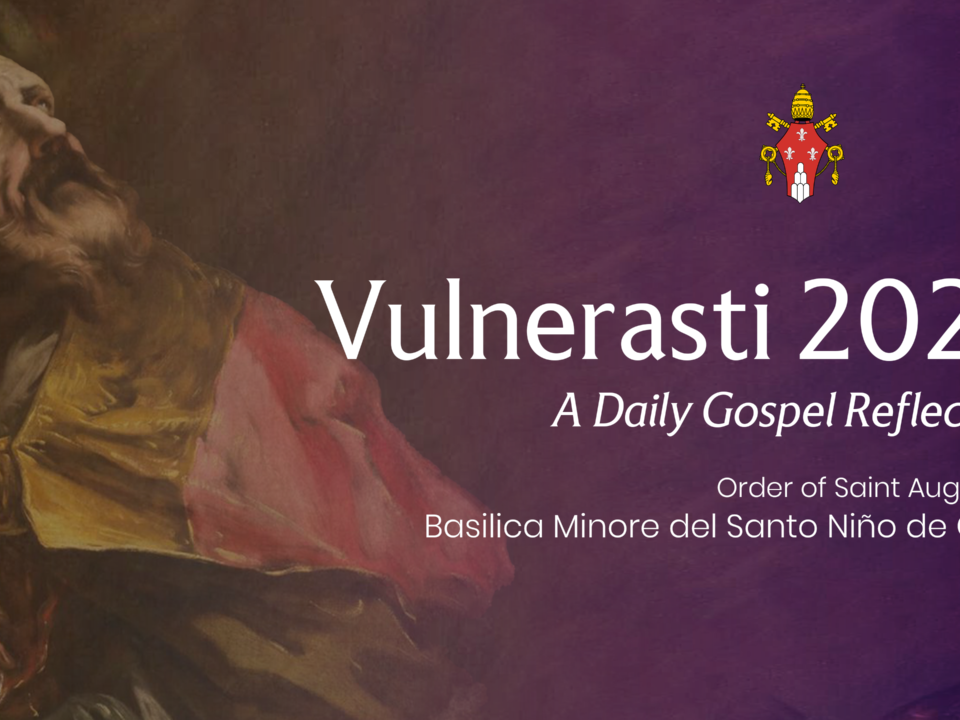Saturday of the Eighteenth Week in Ordinary Time

Today’s Reflection
Gospel: Matthew 17: 14-20
August 09, 2025 | Saturday
Today’s Gospel
When they came to the crowd, a man approached Jesus, knelt before him and said, “Sir, have pity on my son, who is an epileptic and suffers terribly. He has often fallen into the fire, and at other times into the water. I brought him to your disciples but they could not heal him.”
Jesus replied, “O you people, faithless and misled! How long must I be with you? How long must I put up with you? Bring him here to me.” And Jesus commanded the evil spirit to leave the boy, and the boy was immediately healed.
Later, the disciples approached Jesus and asked him privately, “Why couldn’t we drive out the spirit?” Jesus said to them, “Because you have little faith. I say to you: if only you had faith the size of a mustard seed, you could tell that mountain to move from here to there, and the mountain would obey. Nothing would be impossible for you.
Today’s Reflection
The Shema (this passage in the first reading), as it is popularly known, is unique for the people of Israel for their pledge of loyalty to the Lord, which is reflected in the Commandments of the Lord, and Jesus himself proclaims this as the greatest of the commandments. Mark 12:28-34 in the passage of Jesus’s conversation with the lawyer, joins this with one’s love of neighbor. The Jews have to repeat the Shema three times a day. Most of their interpretations of these prescriptions are considered literally to be followed. The tendency to follow them literally has dire consequences in that Jews were considered to follow them strictly without consideration that there are things more than the letter of the Law. Jesus later expanded this interpretation that there is more than blind obedience to the letter of the Law. He shows them that the law, above all else, is regulatory, and the “Law of Love,” which He teaches, covers even the letter of the Law. In our case, there are several instances in which we are limited by different precepts and institutional or societal mores, and we could do more to love our neighbors. These instances cause us to reflect on whether we consider we were not better than our predecessors if we were forged not to extend beyond these mores and precepts.
Jesus was approached by the father of an epileptic whose faith contrasts with that of the current “faithless” generation and the disciples. Unlike the Gospel of Mark, Matthew emphasizes the disciple’s failure (Matthew 14;15-17; 26,30-31; 15:16, 23; 16:5, 22; 17:4, 10) to heal the child. The father’s pleading and faith, on bended knees, to cure his son moved Jesus with pity, acknowledged his faith, and rebuked the disciples (O, you of little faith!). Subsequently, He teaches about faith, its power, and the analogy of the mustard seed. The Gospel is silent about the father’s agonized cry of faith; it reflects that most of us have some sort of half-faith, eager to learn and believe but having uncertainties. The analogy of the mustard seed should teach us the lesson that even though it is small, it can become something great, which can optically make us see the many good and greater things about us, our neighbors, including our enemies.
/Vulnerasti, 2025



